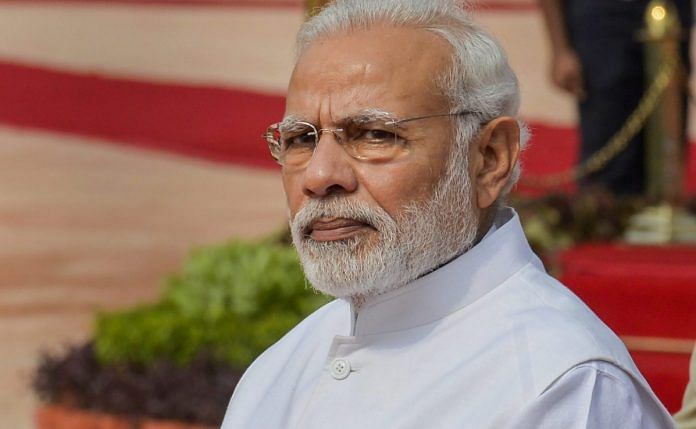By only addressing decriminalisation of Section 377, the court is missing a huge chance to correct historical wrongs to the LGBTQ community
The Constitutional reference in the ongoing case about the criminality of Section 377 is short-sighted, counterproductive and self-defeating. The case, rightly seen as a landmark moment in the decriminalisation of the sexuality of LGBTQ persons, is poised to fall way short of internationally accepted norms and universal humanitarian laws.
The Supreme Court has hinted that it will limit its decision to only the aspect of decriminalisation and go no further. By doing so, the court may yet again miss the opportunity to correct historical wrongs and statutory injustices in one fell swoop.
To many observers of Constitutional law, the judgment in the Justice (retd.) Puttaswamy vs Union of India case, which deemed privacy as a fundamental right, has already set the record straight with regard to Section 377 of the Indian Penal Code. Justice D.Y. Chandrachud, in that case, wrote that “sexual orientation is an essential attribute of privacy” and “equality demands that the sexual orientation of each individual in society must be protected on an even platform”.
These observations found favour in the concurring judgment penned by Justice S.K. Kaul, who declared that “one’s sexual orientation is undoubtedly an attribute of privacy” and therefore, the same would fall within the protection of Article 21 of the Constitution. These words, read together, present the court with a fait accompli with regard to the constitutionality of Section 377.
Knowing very well that the law declared by the Supreme Court in Justice (retd.) Puttaswamy case favours the striking down of Section 377, the Indian government has adopted an unremarkable position in the ongoing hearing. It has been widely reported that the Centre has expressed its willingness to not oppose the removal of Section 377 from statue books and would leave the decision to the “wisdom of the court”. However, additional solicitor general Tushar Mehta, representing the Modi government, has made it clear that they will file another affidavit if the Court were to explore other areas such as civil rights for the LGBTQ community. This would suggest that the government will oppose any deliberation on further rights being granted to the LGBTQ community during the course of these hearings. In other words, the Centre has threatened to drop its cloak of liberalism if questions of marriage, succession, and inheritance among LGBTQ persons are even considered by the judiciary.
If the Supreme Court was to confine itself to the very limited scope of decriminalisation, then it would run the risk of going against the very law laid down in the Shafin Jahan vs Ashokan (‘Hadiya’) case. In that case, Justice D.Y. Chandrachud said that “the choice of a partner whether within or outside marriage lies within the exclusive domain of each individual” and “intimacies of marriage lie within a core zone of privacy, which is inviolable”.
It would be a great disservice if the Supreme Court would restrict itself, against the wisdom of its previous judgments and on the basis of veiled threats from the Centre. If the government was to have its way, then it would be seven or eight years before another constitutional challenge can be mounted seeking equal civil rights for LGBTQ persons.
To avoid wastage of judicial time and to keep pace with the evolution of rights-based jurisprudence across the globe, the present constitutional bench must expand the scope of its hearing to include the question of civil rights that emanate from the decriminalisation of Section 377; and necessarily extrapolate its position on privacy and choice to cover all citizens. Anything less will fall short of the progressive positions adopted by the court in recent years.
Manuraj Shunmugasundaram is Advocate and Spokesperson- DMK






